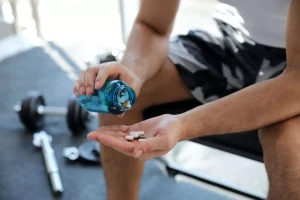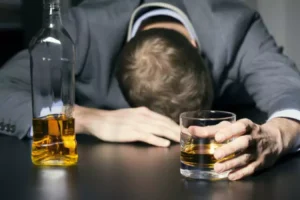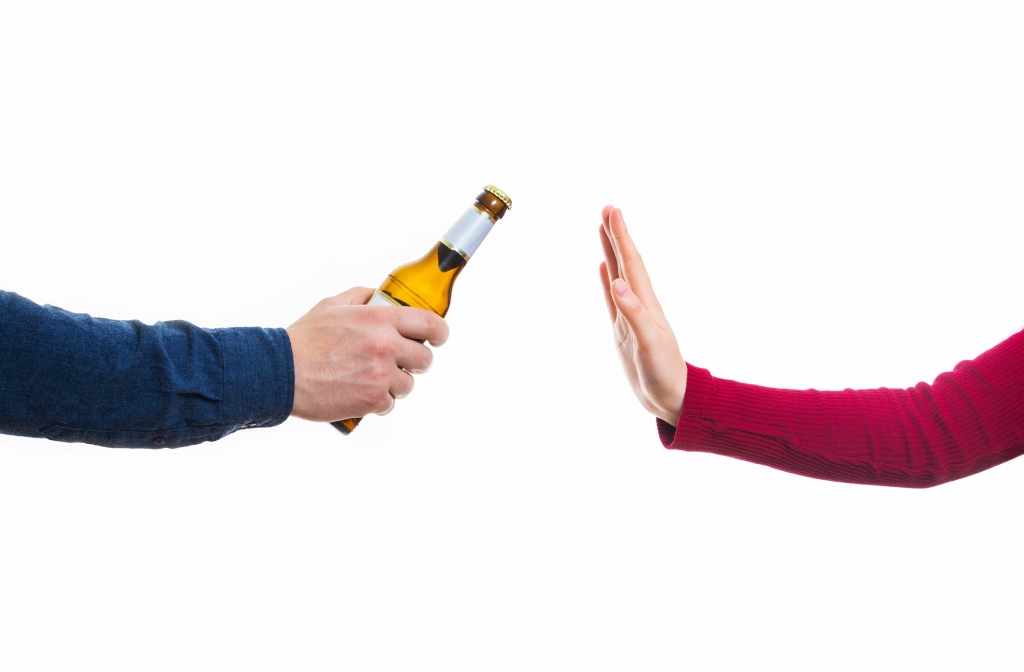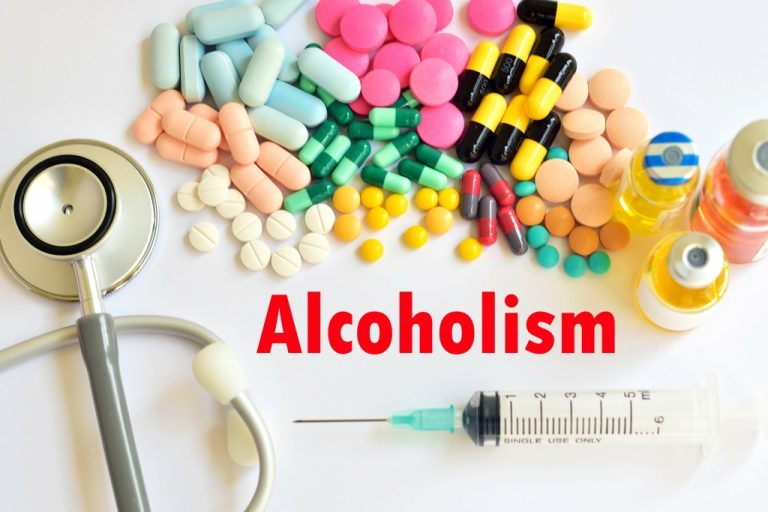
Dehydration can also impair cognitive function, including memory, attention, and decision-making abilities. Studies have shown that being dehydrated by just 2% can lead to impaired performance on tasks that require attention and psychomotor and short-term memory skills. Recovery time for dehydration depends on the underlying cause and may also depend on how long you’ve been dehydrated. If your dehydration is severe enough that it requires hospitalization, or if it’s accompanied by heatstroke, it may take a day or two before you can be released from the hospital. Also, having a baseline to compare subsequent labs over time can help your doctor differentiate between acute and chronic dehydration. They can also help your doctor decide what kind of treatment to recommend.
Treatment for alcohol addiction is also necessary to prevent a relapse of alcoholic ketoacidosis. If a person is already malnourished due to alcoholism, they may develop alcoholic ketoacidosis. This can occur as soon as alcohol and brain fog one day after a drinking binge, depending on nutritional status, overall health status, and the amount of alcohol consumed.
Binge drinking
- Adopting a healthful diet that includes plenty of fruits and vegetables can also contribute to fluid intake.
- Additionally, I examine the way mental and physical health as well as our relationships with others impact the reasons people drink and their role in maintaining sobriety long-term.
- You’ll need to follow treatment guidelines for at least the next few weeks while your doctor monitors your temperature, urine volume, and electrolytes.
You can learn how to reduce your alcohol intake or eliminate it altogether. Joining a local chapter of Alcoholics Anonymous may provide you with the support you need to cope. You should also follow all of your doctor’s recommendations to ensure proper nutrition and recovery. If you are diagnosed with alcoholic ketoacidosis, your recovery will depend on a number of factors. Seeking help as soon as symptoms arise reduces your chances of serious complications.
Chronic dehydration occurs over a long period of losing more fluids than you take in. It happens gradually, so symptoms may start as mild but worsen over time. This contrasts with acute dehydration, in which you recognize symptoms of thirst and dry mouth after a day of not drinking enough or after excessive sweating. Yes, alcohol has a diuretic effect, which means that consuming alcohol increases urine production and leads to fluid loss and dehydration.
Effects of chronic dehydration
Reducing your alcohol consumption overhaul will help you avoid some of the bigger health risks from long-term dehydration and drinking. When you drink alcohol, your body produces more urine than usual. This is because alcohol suppresses the release of an antidiuretic hormone (ADH) that normally helps your body can i freeze urine for a future drug test retain water. Without enough ADH, your kidneys produce more urine, which can lead to dehydration. But chronic dehydration passes the point of simply using more fluid than you take in.
Remember, recovery is a unique journey for each person, and finding the right combination of treatments and ongoing support is essential. Recognizing the signs and intervening early in alcohol dependency significantly enhances the likelihood of successful recovery. Alcoholism can strain relationships with family, friends, and colleagues. Excessive drinking often leads to conflicts, misunderstandings, and baclofen habit forming a lack of trust. Individuals with alcohol use disorder (AUD) may prioritize alcohol over their relationships, causing emotional distance and isolation.
If you tend toward chronic dehydration, consider avoiding alcohol altogether. Alcohol-induced dehydration is more likely to occur if an individual drinks alcohol on an empty stomach or does not drink enough non-alcoholic fluids while consuming alcohol. People who are already at risk of dehydration should avoid or limit their alcohol consumption. Alcohol dehydrates you, and it’s crucial to drink plenty of water and replenish electrolytes after consuming alcoholic beverages to restore optimal fluid balance. Relatedly, alcohol consumption can also cause vasodilation, which is the widening of blood vessels. Eating food before or during drinking can help slow down the absorption of alcohol into the bloodstream, which can reduce its dehydrating effects.
Risk of Cancer

Alcoholism can have profound social and economic consequences, impacting various aspects of an individual’s life and society at large. Alcohol can even get into the lungs and be released when you exhale. This is why breathalyzers are often used to check if someone’s driving while intoxicated. This test measures blood alcohol concentration (BAC), or the amount of alcohol in your blood. This test is for informational purposes only and is not a substitution for a diagnosis by a trained medical professional. If you score high on this test, it may be time to speak to your doctor about the next steps.
Alcoholism is a chronic condition characterized by an individual’s inability to control or stop drinking despite negative consequences on their health, relationships, and daily life. It’s considered a substance abuse disorder, ranging from mild to severe, and it can have various causes, including genetic, environmental, psychological, and social factors. Alcohol interferes with the brain’s ability to control body temperature. If you drink alcohol on a hot day, your body won’t be able to adjust and control your internal temperature effectively, which increases the risk of heat stroke. Research published in Circulation found that potassium mitigates the adverse effects of alcohol on cardiovascular function and reduces the risk of high blood pressure.

It affects every system in your body and puts you at risk of life-threatening health problems. Because the sense of thirst can decline with age, older adults are at higher risk of chronic dehydration. However, larger sweat loss can be difficult to replace in the short term. A person losing a large amount of sweat through heat or exercise needs a longer recovery period, taking fluids and foods as necessary and replacing electrolytes. Without adequate electrolyte levels, water can’t enter cells and tissues, leaving you at risk of dehydration despite drinking water. Taking electrolytes before drinking alcoholic drinks can prevent alcohol-related electrolyte depletion and dehydration.
The combination of alcohol and tobacco exacerbates cancer risk substantially. Your doctor may also admit you to the intensive care unit (ICU) if you require ongoing care. The length of your hospital stay depends on the severity of the alcoholic ketoacidosis.
When its processed by enzymes in the liver, alcohol is converted into a large amount of acetaldehyde. In order to break this substance down and remove it from the body, your liver does most of the work of turning it into acetate. Your body’s metabolism can turn some components of alcohol into nutrients and energy. This happens at a rate of about one beer, a small glass of wine, or one shot of liquor per hour. Drinks with higher alcohol content, including vodka, whiskey, and rum, can have a stronger dehydrating effect than beverages with lower alcohol content, such as beer or wine. Sodium is an electrolyte mineral found in many foods, and most people obtain adequate amounts from table salt.
















Recent Comments